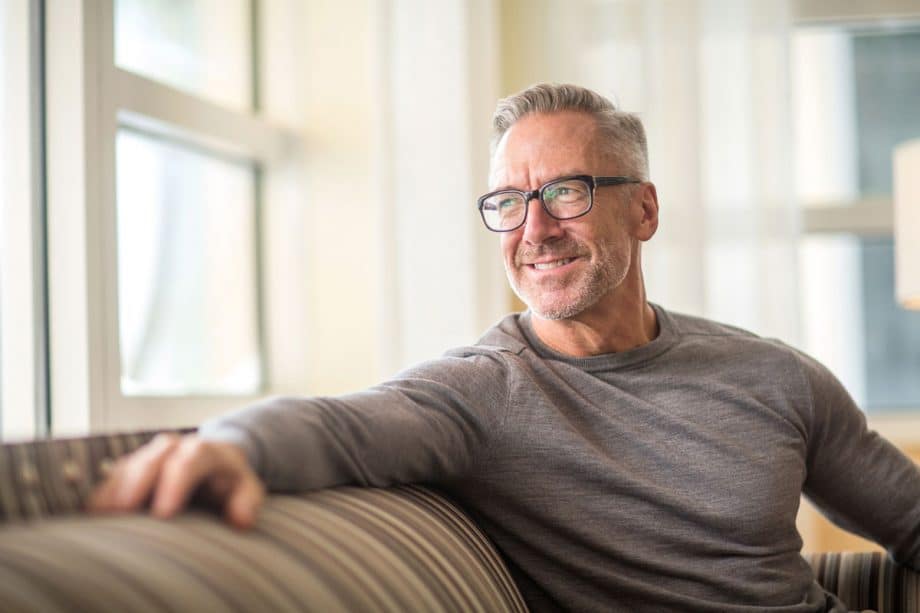Unfortunately, even with excellent oral hygiene habits, many people begin to experience dental problems as they age. This means that when you get older, regular dental exams and cleanings are more important than ever. Visits to the dentist every six months allow us to spot potential issues before they become big problems that require costly restorative dental treatments.
Here are some of the most common dental problems in older adults.
Oral Cancer
Oral cancer is more common in older patients, with the average age at diagnosis being 62. Oral cancer claims over 10,000 lives each year, but with early detection, your odds of survival greatly improve. During your routine dental exams, your dentist will perform an oral cancer screening to identify any abnormal tissues or growths. This is important because many of the early signs of mouth, tongue, and throat cancers can be painless or mistaken for canker sores and other benign oral issues.
In order to prevent oral cancer as you get older, stop using tobacco in all forms, and drink alcohol only in moderation. When you go outside, wear a lip balm with sunblock and reapply it often.
Gum Disease
Plaque that accumulates in the mouth can harden into a sticky substance called tartar, which harbors the bacteria that causes periodontal disease. The earliest stages of gum disease are often painless, with patients only noticing some slight redness or bleeding when flossing. This can quickly progress into more severe disease, with the gums pulling away from the teeth and forming “pockets” where bacteria and food debris collect. Eventually, the gums, ligaments, and jawbone can begin to deteriorate and tooth loss can occur.
The good news is that gum disease is easily treated with a simple procedure called scaling and root planing when it’s caught early. This treatment involves removing tartar and smoothing the roots of the teeth to encourage the gums to reattach, eliminating periodontal pockets.
Tooth Decay
Gum recession, whether caused by the aging process or by gum disease, can leave the roots of your teeth vulnerable to painful sensitivity and tooth decay. Older adults may also have physical issues that make brushing and flossing difficult, another factor that can increase the risk of cavities.
The CDC reports that one in five adults over the age of 65 has untreated tooth decay. Going to the dentist regularly means we can identify decay and treat it before it compromises your oral health. If you have arthritis or other issues that impact your ability to care for your teeth, ask us about adaptive aids at your next visit.
Dry Mouth
The most common cause of dry mouth for older patients is medication, although it can also be caused by radiation treatments and other health conditions. Many of the most common prescription medications taken by seniors cause a reduction in saliva flow, leading to dry mouth. Without sufficient saliva to wash away bacteria and food particles throughout the day, bacteria can thrive.
To treat dry mouth, use a moisturizing mouthwash, stay hydrated by drinking water all day long, and use sugar-free gum or lozenges when you’re not able to drink to stimulate saliva production.
Make an Appointment Today
If you have questions about caring for your teeth as you age, contact us today at 203-775-2225 to schedule an appointment with Dr. Levitt.
